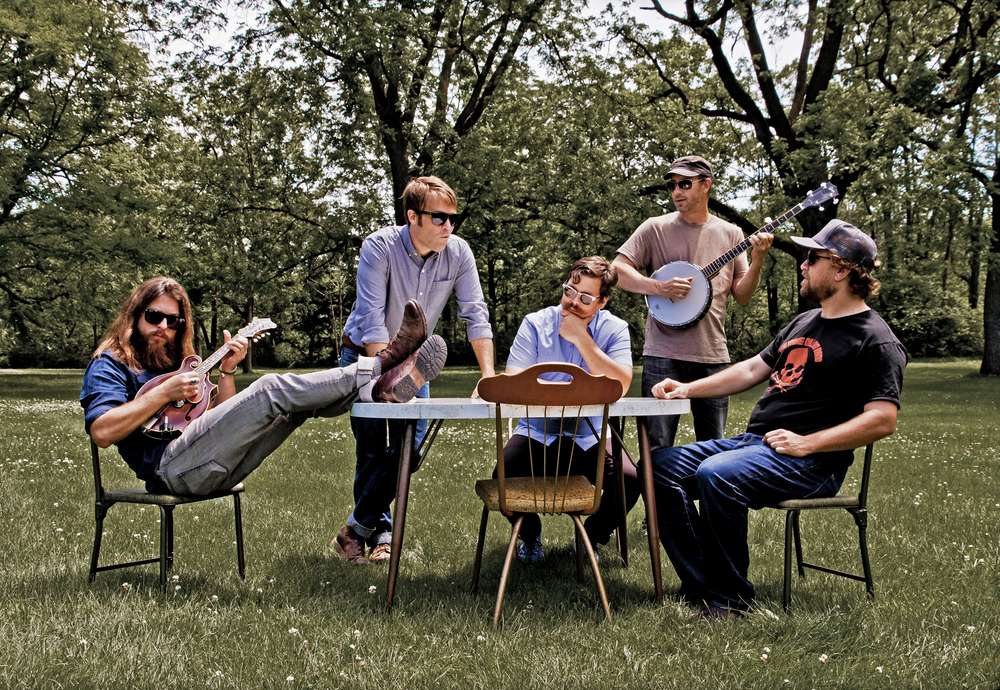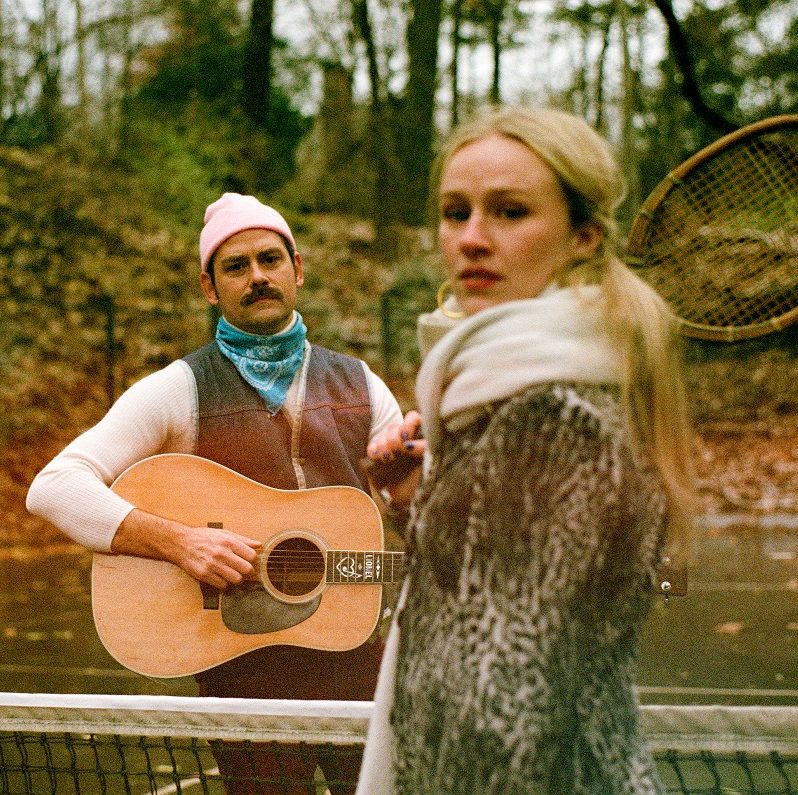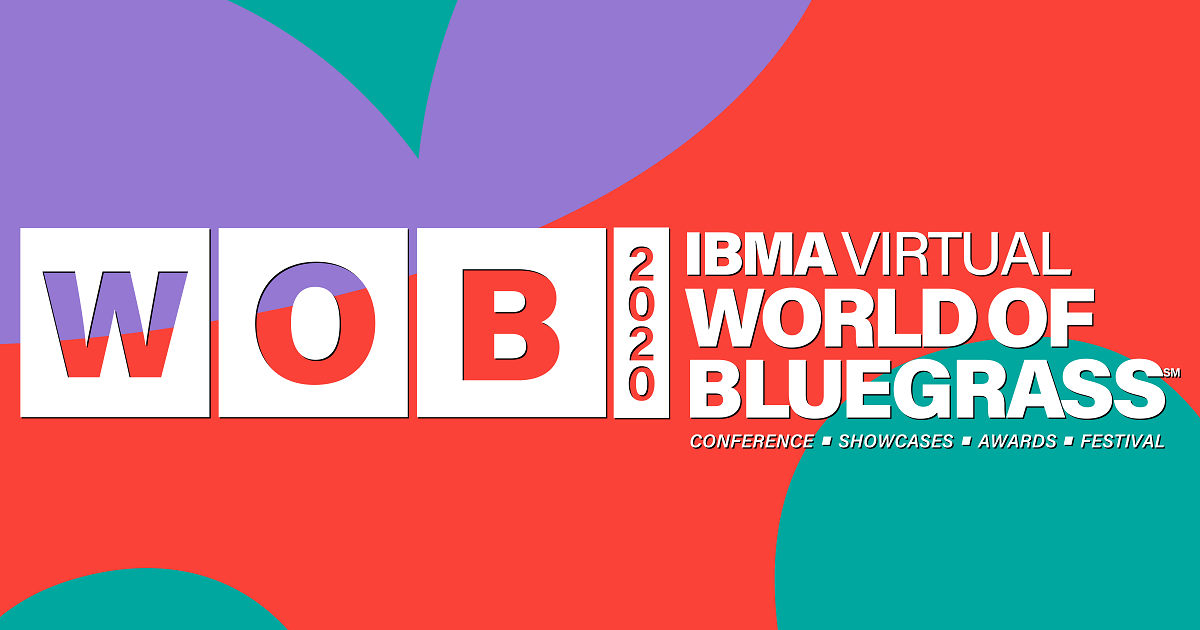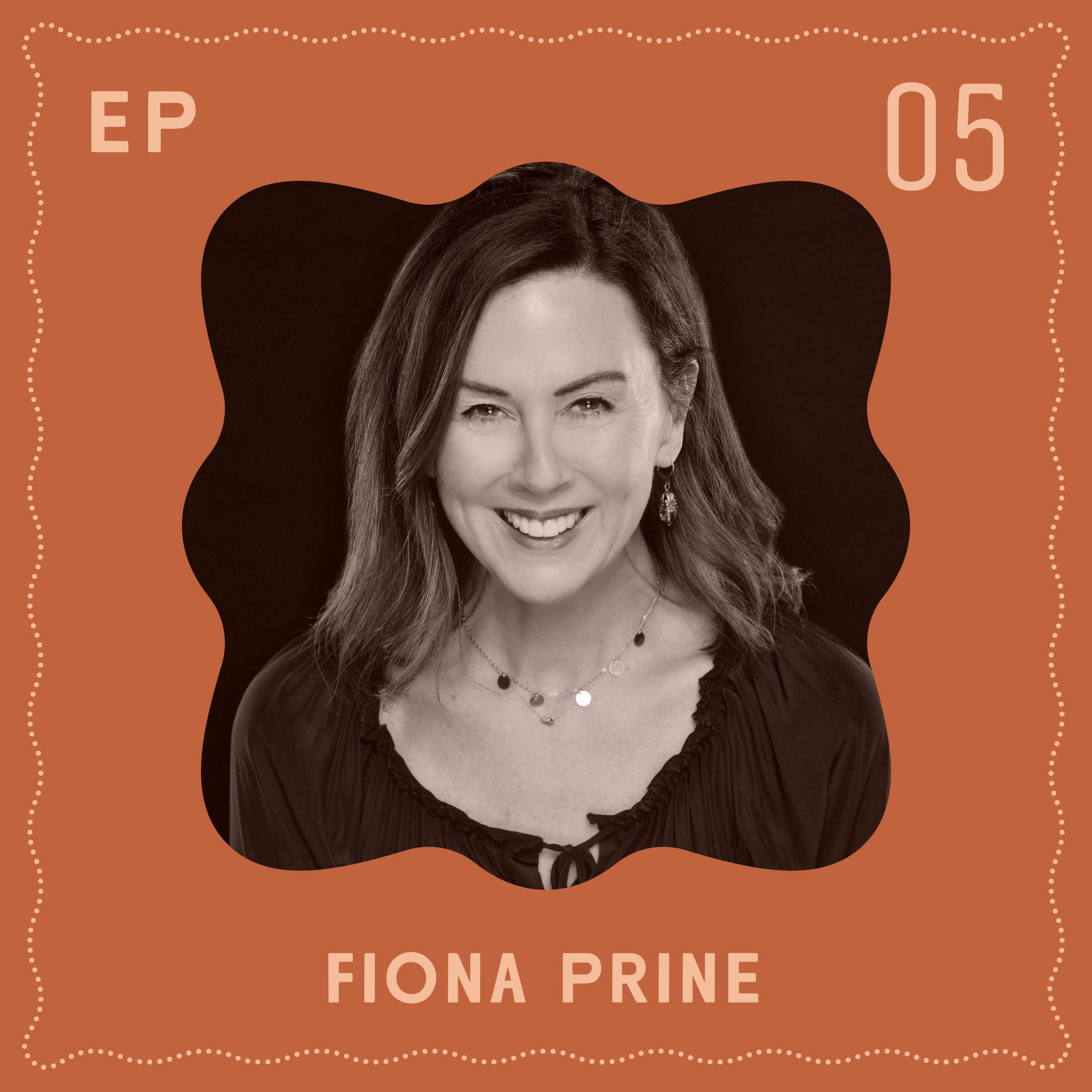Greensky Bluegrass first got together and started playing music in 2000, and the band has spent the better part of the years since on the stage playing dive bars, living rooms, festivals, or, more recently, sold-out crowds at well-loved venues like Red Rocks and Ryman Auditorium. The Kalamazoo, Michigan, band — which is made up of members Anders Beck on dobro, Michael Arlen Bont on banjo, Dave Bruzza on guitar, Mike Devol on upright bass, and Paul Hoffman on mandolin — has done its part to welcome new fans into the bluegrass fold, too, thanks to funky covers, relentless touring, and an approachable jam band vibe in and out of the studio that is evident on their latest full-length, Shouted, Written Down, and Quoted.
You started out playing in people's living rooms and at open mic nights. What aspects of your beginnings, the first couple of performances that you did, have you retained now that you're playing these huge venues? How did that shape the way you guys perform now?
That is a very interesting question. Congratulations. I think [what remains is] the spirit of what we do and playing for fun and making it fun. We kind of have, for better or worse, this motto that, if you want to be on the line, you've got to be over the line sometimes. There's a lack of fear of mistakes, or a lack of fixation on perfection. We were pretty bad in those early days, but we were just going for it, having fun. I think that spirit of us truly enjoying what we were doing and making music together translates really well with our crowd. The experience of our show and that whole aspect of it is really important to our music. It's one of the things that have kind of been there all long.
Tell me about Shouted, Written Down, and Quoted. What about that lyric stuck out to you for the title? What made you think that would sort of encapsulate the rest of what was on the record?
The whole verse is, "I know everything for all that I know, but there's always two sides to the way both of the stories go. Sometimes things are left unspoken, should be shouted, written down, and quoted." I think, for us, there's kind of a underlying meaning that “Shouted, Written Down, and Quoted” means things better left unspoken.
I don't know — we liked it. Album titles are tough. We threw around a lot of ideas. We debated this one because it's long. Shouted, Written Down, and Quoted … that's wordy. I dig it.
I think that lot of your fans are not necessarily bluegrass fans first: They're not finding your band because they're out looking for the hottest new bluegrass band. Some people may be finding out that they love bluegrass through Greensky. What about your music and the way that you interpret bluegrass do you think is drawing new people into the genre?
I suspect that you are entirely correct. I think its because we came [to bluegrass] that way, too. Most of us found bluegrass through the Grateful Dead, through Jerry Garcia.
In those early years of playing shows, we did all these bizarre covers. “When Doves Cry” was one of the first ones. That was the first off-the-wall thing we did. We'd go to these bars and do these gigs where I'd have to really sell the band to get us in there in the first place, to the manager or whoever is booking the bar, because they're like, "There's no drums? Do people like that?" Then we'd play "When Doves Cry" and it's like, "They know this."
It's the same story you hear about bands all the time playing covers to draw people into their sound. Not only does it draw them into us, it draws them into bluegrass. They’re like, "Maybe I like the banjo."
Maybe there's this preconceived notion before that bluegrass is hillbilly music that they would never be into. We're kind of a jam band and we improvise, so that's something that also drew us to the music — that bluegrass is a real player's music because there is so much soloing. It's like jazz almost. There are these standards. There's a form and a melody: You blow the head and then you improvise on the theme and then you blow the head and the tune's out. It's like what horn players do with be-bop. That attracted us all, as instrumentalists. It’s not like being in a rock band where the guitar player takes all the solos and the keyboard player does a little bit of solo flair, but it's really like the one guy's the lead guy and the rest are all the accompanists. We all do all the jobs. We all accompany each other. We all share the role of the drum kit. We all are soloists.
That brings me to another question I had because I know that you are one of the chief songwriters in the group. There's a big process from the time that you think of a song and when it's a finished song — or who knows if its ever really a finished song. Can you run me through the general process? How does a song go from being in your brain to being something that you're fleshing out with everybody to being something that you're either playing on stage or recording?
It varies from song to song. The typical process for Dave and me is that we write most of the framework of a song and the lyrics, and then the band is more involved in the arranging process. Sometimes we write the instrumental hooks together that go with the songs, which is often described from the melody of the lyrics. Sometimes it's different figuring out different parts, stuff like that, but the degree to which the song is finished can really vary.
There have been songs that I had written that were pretty much done when I brought them to the band and didn't need a lot. Then, there are others that needed parts. The textures and the rhythmic feels are where we can really experiment with our different influences and fusion. If it's a straight-ahead bluegrass tune, it's pretty easy to just figure out who does what and what goes where. When we start getting into different rhythmic textures, we talk about how a lot of our music has these soundscapes, and I think this album is a good example of that. There are moments on there that are spacey melody mood pieces more than a solo flair or something like that. It's not like, "That's so cool what he played." It's this texture that we all create together. For us, that's some of the most fun stuff we do.
One of my favorite songs on the latest albums is “More of Me.” Where did that song come from and what might it mean to you or what do you think it might mean to other people?
That's a good one for that soundscapey kind of thing that happens in the middle of that tune — just that bereft moment. I think it's very much resolved of what our lifestyles are like: touring and having other desires, maybe someone else, or maybe just other things in life that you don't have time to do because you're busy doing whatever you need to be doing. It’s about the idea of wishing that there was more of you to do all the other things. It's kind of creepy. [Laughs] I wrote it with the intention of being sort of romantic, wishing somehow that I could have more of me to leave you when I go. It comes off as a little creepy I've discovered, plus the melody and the general vibe of the tune is so dark. I joke around with Yoda, "More of me, keep you when I go, I will."
That's funny.
I think there's just some darkness in those lyrics that maybe I fell a little short on the romance. I think the concept is sort of romantic or lofty or idealistic or something like that.
Speaking of being in a couple of different places at once: Y’all recorded this in two different places, and I think I saw that this was the longest time that you've spent in the studio for any of your records. What effect do you think that had on the final product, and why did you choose to do it that way?
If you go back and read any of the bios of any of our records, we've said that every time, because that's what we do. That's how we increase our budget: We just take more time. Taking more time allows us to be a little bit more experimental. This time we came into the studio a little less prepared. We had played none of the tunes live. We had some really serious arranging and learning to do. We did it intentionally to let more of a creative process happen in the studio. With the earlier albums, spending less money and having a smaller budget, you want to be more prepared so you're not wasting your time, but also wasting your time can be really artistic.
We'd go down the rabbit hole of chasing some tone on an instrument or on a microphone for hours at times and maybe were aware the whole time that we weren't even going to use it. We just wanted to see if we could do it, challenge ourselves. "Let's try this tune like this." And then everyone being like, "I don't know if we're going to be able to do it or if it's going to be a good idea, but let's try it to see if we can accomplish it." Then, if we tried it and we didn't think it worked, we’d try harder to make it work, even though we might not use it. Having the opportunity to do that is, one, fun as hell. Two, it creates more of a creative process than just us going in there and playing the music.
We recorded in two places, which we've never done before, and we took a longer break than we've ever taken before between spots. When we recorded the last record, we took two days to just watch the Super Bowl and take a break, which was nice. This time, we had a couple of months off. As I mentioned, we were sort of composing the songs and figuring out what to do with them as we recorded them. We laid almost everything down in Nashville and then we had these really rough mixes of everything mostly done to sit on and reflect on and figure out what they needed and what they lacked and if they were working and how so and such.
You guys are on your own label and you've always been independent. Now that you've gotten to know the music industry a little bit better, do you think that's affected the band's trajectory at all? Is there anything that you particularly like about it or that has been an obstacle for you guys in doing that?
It's certainly presented some challenges and some unique development. Not to discredit record labels and what they do either, but I don't know if some gigantic budget to expose us to a wider audience would have made us like Mumford and Sons or something. I like that band, too, just so you know. But I get the concept that the record label now sort of stands for this thing that's like a million dollar loan: If you have enough money to invest, you can turn your money into a lot of money.
But we’ve self-funded our albums and stuff, and you know we're reaching a wider audience everyday and we're doing it one fan at a time. I have this theory that a lot of that stuff that the media of the music industry blows up can sometimes create hype for a band that the band's not ready for. If that had happened to us a couple of years ago, I don't know if we'd be as prepared as we are now. We keep taking a step up — steps up — into bigger rooms, and because those steps are somewhat gradual, we're learning a lot as we go. We're ready to carry the weight, so to speak.
In the lifespan of our band, a really awesome thing has been happening where bands like the Lumineers, the Avett Brothers, and the Head and the Heart, Mumford and Sons — these acoustic-esque bands that you guys cover a lot of and who write their own material — have come into the mainstream. A lot of that is really encouraging for us. There's this duality of successful music, and the very produced pop music and pop country that's succeeding is sort of creating this thirst for the opposite. I want something that sounds real, and it’s good to see a record just blow up because it’s real. I think that that's really cool, very encouraging.
Photo credit: J VanBuhler






